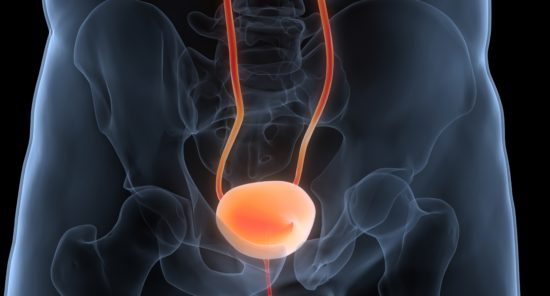Osteoarthritis (OA), especially knee OA, is a leading cause of chronic pain, exacerbated by aging and obesity. Research indicates that elevated levels of vascular endothelial growth factor (VEGF) contribute to joint pain and cartilage degeneration. Targeting VEGFR1 and VEGFR2, which are linked to pain transmission and cartilage degradation, offers a dual therapeutic approach. Pazopanib, a tyrosine kinase inhibitor for these receptors, shows promise as a disease-modifying osteoarthritis drug (DMOAD), but its frequent injection requirements due to a short biological half-life limit its clinical use.
To overcome these challenges, researchers created a nanoparticle formulation of pazopanib (Nano-PAZII) for sustained intra-articular delivery with a single injection. This method significantly extends pain relief and supports cartilage integrity in preclinical OA models by ensuring effective drug retention and controlled release, reducing the need for frequent administration. Nano-PAZII not only alleviates pain for over 16 weeks but also inhibits cartilage degeneration and inflammation. Importantly, pazopanib lacks opioid-like reward behavior, minimizing dependency risks, positioning Nano-PAZII as a promising candidate for transforming OA treatment strategies.
Reference: Ma K, Pham T, Wang J, et al. Nanoparticle-based inhibition of vascular endothelial growth factor receptors alleviates osteoarthritis pain and cartilage damage. Sci Adv. 2024 Feb 16;10(7):eadi5501. doi: 10.1126/sciadv.adi5501. Epub 2024 Feb 14. PMID: 38354243; PMCID: PMC10866538.









